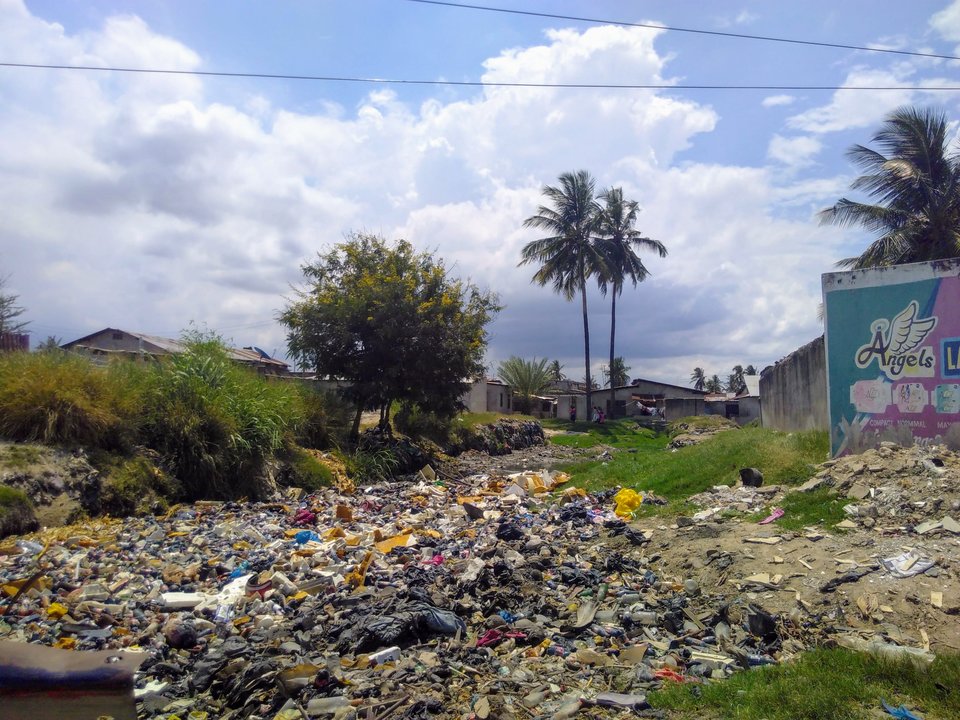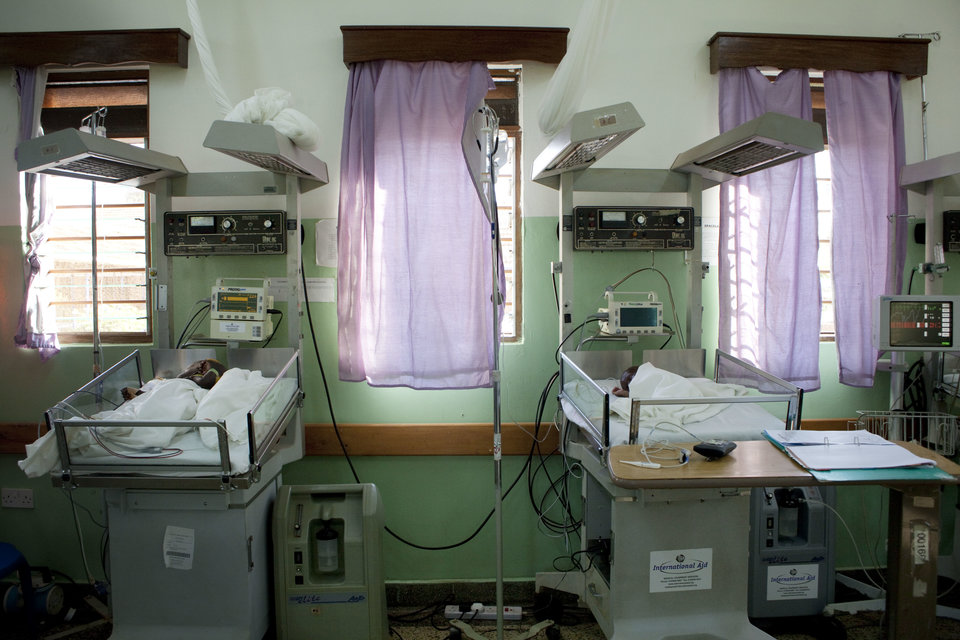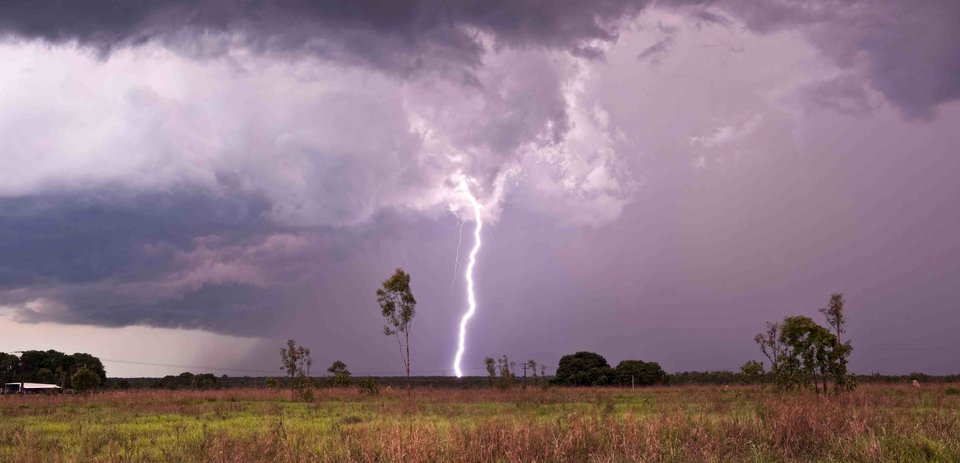While regions in the so-called Global South, such as Sub-Saharan Africa, face extraordinary challenges, they also offer extraordinary opportunities. That’s why researchers at TU Delft work on cutting-edge science and technology specifically aimed at those regions. The TU Delft | Global Initiative programme is founded on the conviction that solving the world’s greatest challenges can only be done in co-creation with those facing these challenges on the ground. And yet, some countries in the Global South are severely underrepresented in Delft’s otherwise very diverse student community. This is not for lack of talented applicants but rather because of the prohibitive cost of studying in Delft. “Student scholarships are essential,” says Sophie Oostelbos of the TU Delft | Global Initiative. How do three students who obtained such scholarships look back at their time in Delft?
Two students obtained scholarships specifically aimed at excellent students from Sub-Saharan Africa. S. Karl Heinz Tondo (Kenya) did the MSc Industrial Design Engineering programme and is now embarking on a PhD project at TU Delft. Prior to coming to the Netherlands, he was already working as an entrepreneur, developing 3d printing technologies for producing medical equipment in Kenya. “Through a TU Delft student visiting Kenya, I learned about the work being done here to develop products specifically for the Global South. This was why I applied to the master’s programme.” Mohammed Yasir Abbas (Sudan) graduated from the MSc Water Management programme and hopes to inspire others to follow his example. “Delft has an excellent reputation in water management and hydraulics. The master’s programme in Water Management was ranked as the best in the world. But for me it was impossible to pay for tuition and accommodation. Without the scholarship, it would simply be impossible to do a master’s in Delft.” Finally, Apoorva Arora (India) was granted a scholarship aimed at female students from the Global South in technology-related subjects, funded by a generous donation from the private sector. She graduated with honours from the MSc Embedded Systems, and now works as a data scientist at KPN.

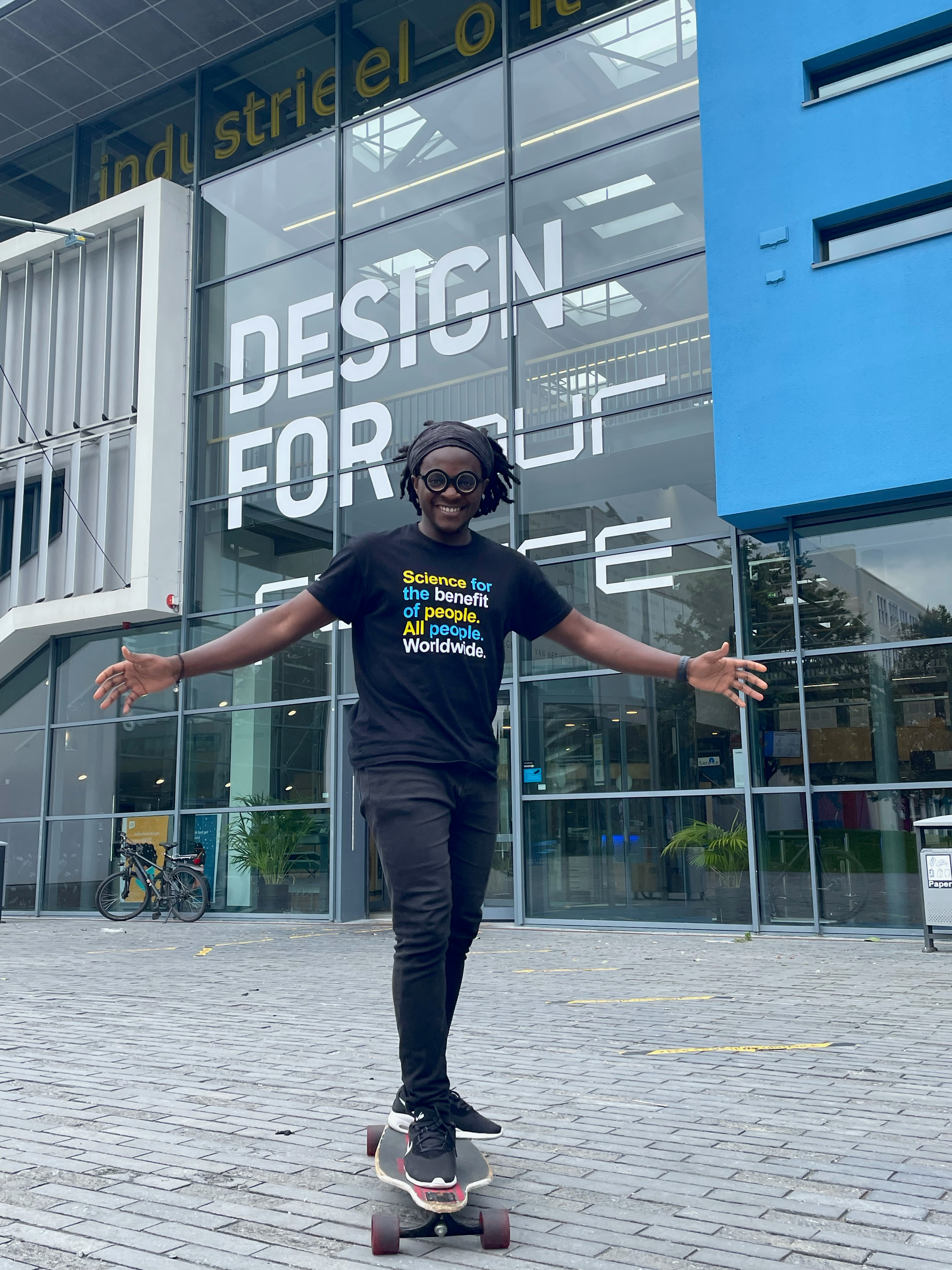
Mohammed Yasir Abbas (l) and S. Karl Heinz Tondo (r) are still active members of the TU Delft | Global Initiative Community
Surprises along the way
Although the students adjusted to life in Delft quickly, there were a few surprises along the way. “It was a challenge to get accustomed to the weather,” says Apoorva. “On the other hand, there was always something new and cutting-edge happening on the Delft campus. It’s full of energy.” Karl: “Dutch culture is very structured. I’ve always admired that from afar, but being here in Delft, you can actually experience it’s a lifestyle. I’ve always enjoyed processes, structure, clarity and being direct, so, it felt like I ought to have been born here. I finally fitted in.” Mohammed was most surprised by the freedom of choice in shaping your own master’s programme. “The first day in Delft I asked for my lectures schedule, and I learned that I could choose the courses I wanted to enrol in myself.”
It’s not just about knowledge and education, but also about the experience of engaging with other international students in the Netherlands.
Looking different from everyone else
How did the three students fit in the Delft community? Karl: “I’ve been to the West before, but not to a predominantly white community where I looked different from anyone else. In the faculty, I was the only student from Africa, which felt weird. On the PhD level, there are a few more students from Africa, and they made me feel at home. This goes to show how important the Delft Global scholarships are.” Mohammed echoes this sentiment: “Within my master’s programme, I was the only person of colour. Having no fellow students from Africa, I engaged with Dutch students. That was a really great experience. They were very welcoming and friendly.” Beyond their individual programmes and faculties, the students also became part of the TU Delft | Global Initiative student community. “With people from so many countries and backgrounds, ranging from medical to architecture to water management, this is truly one of the most diverse groups I’ve seen at TU Delft,” says Apoorva.
Global impact
While all students are pursuing different career paths since graduating, with some working in the Netherlands and some returning to their home countries, they are united in their support for the TU Delft | Global Initiative’s philosophy. “I think that a lot of the problems that arise in the Global South manifest themselves in the entire world, like the COVID-19 pandemic,” explains Apoorva. “It’s really important that regions that are developing are given support in some way so that humanity can be uplifted throughout the world.”
For Mohammed, his time in Delft was particularly memorable: “While I was here, studying, there was a revolution in Sudan and the regime was toppled. To contribute to the new Sudan and its development, I focused my master’s on the rehabilitation and modernization of water and irrigation schemes. Right now, many water projects in Sudan use the outcomes of my thesis.” Karl is similarly passionate about his work having direct impact on Africa. “I came to Delft with a clear goal: support local manufacturing of medical equipment in Africa. Research by TU Delft in this area made me come to Delft, and I chose my master’s thesis project and upcoming PhD project in Delft accordingly.”
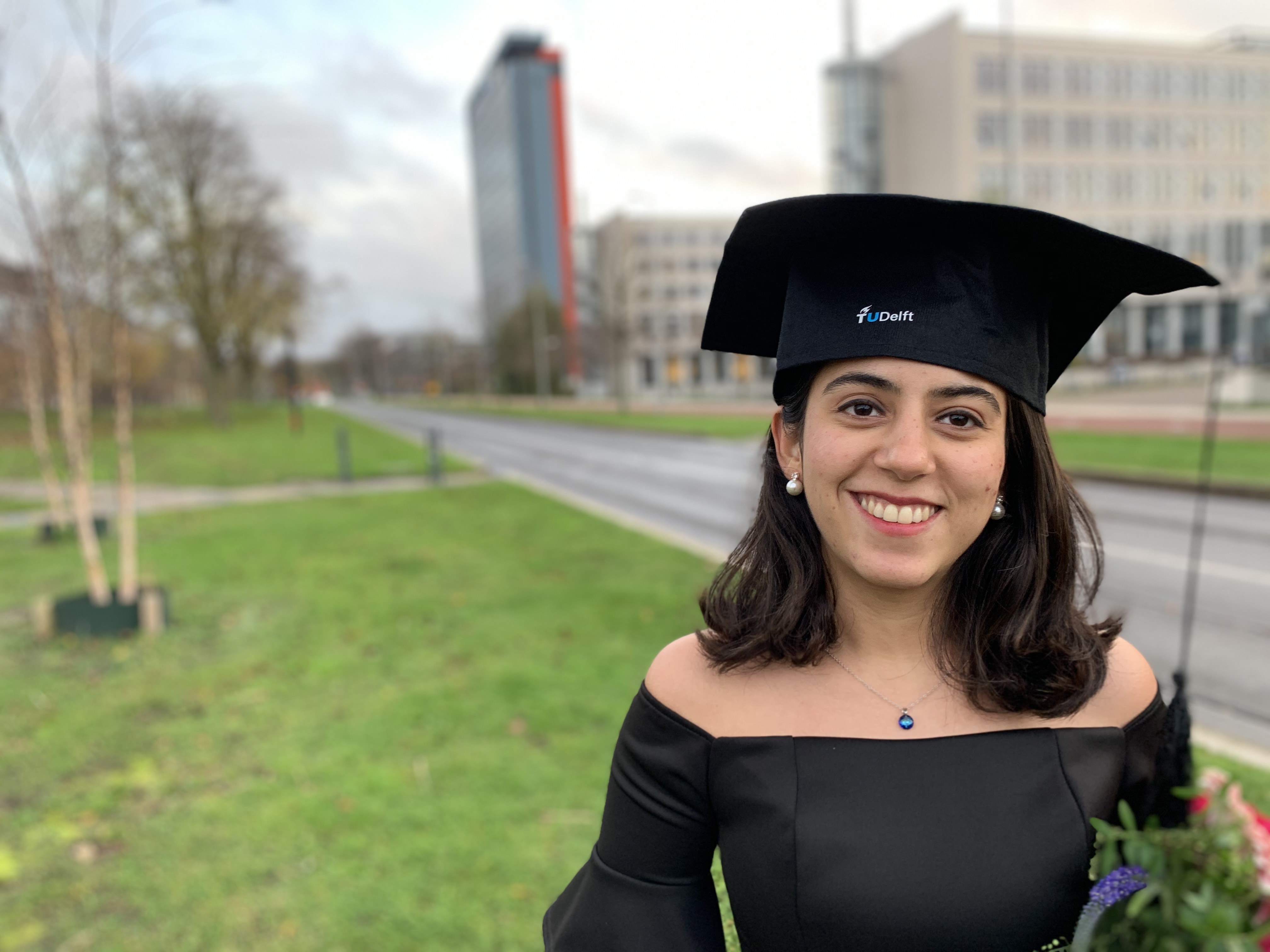
Apoorva Arora graduated with honors from the MSc Embedded Systems, and now works as a data scientist at KPN
What we bring to Delft
With a minor hiccup due to the pandemic, all scholarship students succeeded in obtaining their degrees well in time, reflecting their extraordinary dedication. Oostelbos: “Our scholarship students have enriched the TU Delft community and often perform among the most excellent students here at the university, obtaining cum laude distinctions for their degrees. They are ambassadors towards students interested in studying in Delft and also support TU Delft students traveling to the Global South. They share their networks with our students and researchers, resulting in promising collaborations.” To explain what African students specifically bring to TU Delft, Karl explains: “Electronic devices that are considered cheap here are so expensive for Africa that people there need to come up with ways to use these devices for more than ten years, for example by reprocessing components. The lack of resources is making people use devices for a longer time. The West can learn from this as it aims for a circular economy.” Apoorva adds: “People here have not experienced first-hand the things that are happening in countries that are still developing. We have expertise in the root causes of these problems, and we can explain what kind of solutions our home countries need. Sharing this could help develop a better overall solution.”
People from Africa ask me about my work and about TU Delft. And I provide advice to students in Delft who have questions about manufacturing in Kenya and Ghana.
Changing perspectives
The students praise TU Delft | Global Initiative’s team, who went out of their way to support the scholarship students. “The researchers in the Global Initiative have changed my perspective,” says Karl. “Having a network of leading scientists who are happy to talk about ideas for the Global South, is invaluable.” As he remains in Delft to do his PhD, he has become the ambassador Oostelbos described: “People from Africa ask me about my work and about TU Delft. And I provide advice to students in Delft who have questions about manufacturing in Kenya and Ghana.” Mohammed returned to Sudan, where he’s now employed full-time at a Dutch company working in water management. “Having done the master’s at TU Delft was a key reason for me getting the job. I’m also planning to teach, for example at the University of Khartoum, passing on what I’ve learnt in Delft. I want to inspire students to apply for master’s programmes outside of Sudan and convince them how important water management is for Sudan and the rest of the world.” Similarly, Apoorva describes the role of her discipline in tackling global challenges: “Data science has been crucial in informing our response to COVID-19. We need it to make smart decisions.”
Don’t stop what you’re doing
Looking further into the future, the graduates are full of ideas and ambitions. Karl, for example, dreams of setting up a TU Delft subsidiary for design education in Kenya. “This will allow people who can’t afford travelling to Delft to still experience and benefit from the Delft system.” The graduates are eager to see new students following in their footsteps, joining the TU Delft | Global Initiative to do their master’s. “Perhaps by focussing master’s thesis projects on industry-relevant topics, more companies can come on board and sponsor scholarships.” Mohammed also hopes to see scientists from the Global South in leadership positions within the programme. He advocates investing in short courses and exchange programmes for students from Africa. “It’s not just about knowledge and education, but also about the experience of engaging with other international students in the Netherlands.” Karl concludes: “I’d like to say to the TU Delft | Global Initiative team: don’t stop doing what you’re doing – you’re doing great!”
Sub-Saharan Africa Excellence Scholarships
These scholarships give talented, motivated and broadly interested students from Sub-Saharan Africa the opportunity to study at the Delft University of Technology. TU Delft | Global Initiative offers four Sub-Saharan Africa Excellence Scholarships every year. From the students we expect that they are willing to act as our ambassadors during their studies and after graduation.

